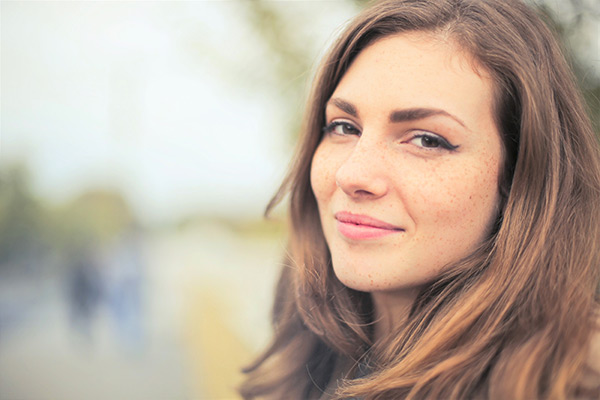Retinoids, ingredients that are made from vitamin A, seem to be powerhouses when it comes to improving the look of your skin. You’ll find retinoids in skincare products designed to fight acne, reduce the look of wrinkles, and ease discoloration. There are different types of retinoids out there. The ingredients vary in strength and purpose. Usually, a prescription-strength product you get at a medical spa or from a doctor will be more powerful than the retinoids found in an over-the-counter lotion you purchased at a drugstore or cosmetics counter.
Types of Retinoids
Although they all come from vitamin A, not all retinoids are the same. Some are actually derivatives of retinoids and are less effective. Retinol derivatives, which go by names such as retinyllinoleate and retinyl acetate, are very weak and won’t give you the results you’re most likely after.
Prescription-strength retinoids, such as tretinoin and tazarotene, contain retinoic acid, which encourages the growth of healthy, new skin cells and sloughs off dead cells. Retinol, the ingredient found in many nonprescription products, is a slightly weaker form of retinoid. It’s not pure retinoic acid. Instead, when you apply a product containing it, your skin converts the retinol into retinoic acid. Retinol is effective but takes longer to work than prescription retinoids.
What They Do
Retinoids offer a lot of benefits for your skin, which is why many doctors recommend using the ingredient. One of the big benefits of retinoids is that they reduce the appearance of wrinkles. The ingredient does this in several ways. It helps improve the production of collagen in the skin, which makes it plumper, firmer, and smoother. Retinoids also make the dermis thicker, which reduces the depth of wrinkles.
The ingredient helps reduce areas of uneven tone or the look of dark spots, too. Retinoids encourage cell turnover, which reduces the look of dark spots. They also slow the production of the pigment responsible for discoloration.
Retinoids can also help people who suffer from acne. Since the ingredients help encourage cell turnover, they reduce the chance that pores will become clogged. A cream containing a retinoid can also reduce your chances of developing scars from acne or minimize the look of scars.
Sun Concerns
It was once thought that retinoids made the skin more sensitive to sunlight, meaning it would burn more easily if you wore a product that contained retinoids during the day. However, it turns out that the ingredient itself is sensitive to the sun and will break down if exposed to light. That’s why products that contain it are packaged in opaque containers.
You should still wear sunscreen when you use a product containing a retinoid and when you use other products, as sunlight plays a major role when it comes to the signs of aging. It’s still also recommended that you use the product at night for best results. Sunlight will reduce its effectiveness; it just won’t make the ingredient damage you.
Precautions
There are a few precautions to be aware of when using a retinoid or when deciding between a prescription-strength or over-the-counter product. Pregnant women or women who are breastfeeding usually shouldn’t use retinoids.
It’s usually recommended that you start with a small amount of retinoid and build your way up. At first, the ingredient can cause irritation, make your skin red, and lead to flakiness and peeling. Because of this, it is recommended that you start using it every other day or once every three days then later advancing to every day. Starting with an over-the-counter product that contains a weaker retinol, then switching to a prescription-strength product later might also be ideal.
Avoid stacking ingredients when you use a retinoid. Combining a product that contains retinol or a retinoid with one that contains sulphur, glycolic acid or salcyclic acid usually leads to skin irritation.
Waiting for Results
Patience is key when using a retinoid. You won’t get the instant result that you get from an injectable wrinkle filler, for example. If you’re using a drugstore or department store product, you might want to ignore any claims on the bottle that say it will show results in four weeks or so. It’s common for retinols to take up to 12 weeks to produce visible results.
Dr. Andrew Campbell at Quintessa Medical Spa can answer any questions you have about retinoids and recommend the ideal products for your skin. Contact him at the medical spa with any questions today.
Quintessa Medical Spa has two locations: 10604 N. Port Washington Road, Mequon, WI, and 2124 Kohler Memorial Drive, Sheboygan, WI. Call (262) 242-QSPA for a personal consultation in Mequon or (920) 458-QSPA for an appointment in Sheboygan.


Leave a Reply